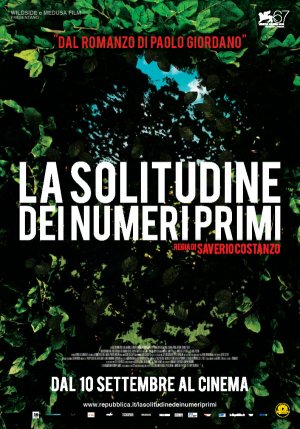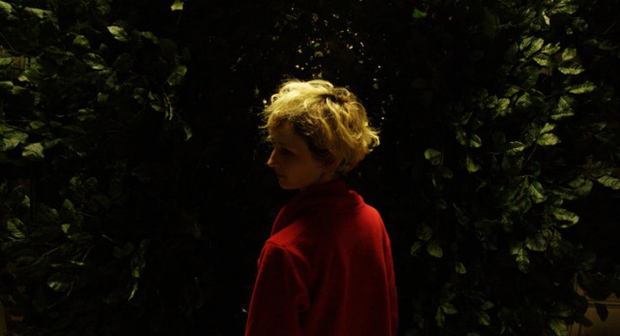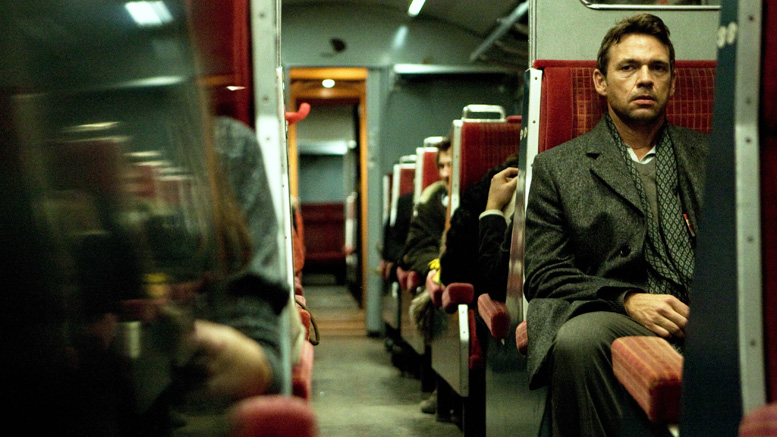
Here’s an instructive film. Saverio Costanzo’s The Solitude of Prime Numbers is based on the hugely popular novel of the same name by physicist and writer Paolo Giordano. It’s well made, singular and unlike many Italian productions has subject matter that’s of universal interest (i.e. it’s not about immigration or a vehicle for a popular local comedian). And yet, despite picking up several awards and getting decent reviews in the international film press, it only had the most limited of distribution in the English speaking world, and even today it’s astoundingly difficult to pick up on DVD. What’s going on? Why on earth has this never received any kind of showing in the US or England whereas the most tedious of French comedies or Albanian arthouse movies do? I think it illustrates the incompetence of the Italian distribution companies, who both don’t encourage Italian cinema to have a global perspective and then, when something comes along that could do well in the international markets, they simply don’t know how to do anything with it.
The plot follows two damaged characters who become friends if not exactly lovers at several points in their life. In childhood, Mattia is charged with looking after his autistic sister by his distant parents and, frustrated with always having to cope with her difficult behaviour, leaves her in the park while he attends a friend’s brithday party. She goes missing, never to reappear. Alice, meanwhile, is pushed into skiing dangerously by her damanding father, who wants her to become a champion. After becoming stuck in a whiteout she crashes and permanently damages her leg, leaving her with a limp and a lack of confidence.
They meet when they’re teenagers and Alice – who is bullied by the revolting girls at her school – falls for Mattia. He, however, is a child genius who is completely closed down, consumed by guilt and seemingly devoid of emotions (although his self harm habit indicates that he does have feelings). It takes years for him to finally open up and reveal what happened in his childhood, and at that point he’s about to leave for Germany, to take up a position at a prodigious physics institute.

The plot, therefore, is something like a more poetic, less optimistic Silver Linings Playbook: these are truly broken characters, too damaged to do anything like form a proper relationship or even acknowledge the need they have for each other. The protagonists aren’t whimsical or even particularly likeable, although you can’t help but feel for the childhood Mattia and the teenage Alice.
What makes The Solitude of Prime Numbers so interesting, though, is the way it is filmed. Despite the story being anything but a horror film, Costanzo very deliberately films it in the style of a nineteen seventies giallo. Fabio Cianchetti’s cinematography apes Vittorio Storaro’s work for Dario Argento (snatches of the music from The Bird with the Crystal Plumage are used as well), most particularly in the scenes in which Mattia discovers his sister has gone missing, and there are references also to The Shining and The Godfather. Faith No More’s Mike Patton provides a soundtrack that plays on the sound of John Carpenter and Goblin, and there’s a perceptible feeling of dread that hangs over it all, despite the fact that not a great deal actually happens.
Costanzo also deserves points for coaxing some good performances from a not particularly well known or experienced cast. The child actors are well handled, especially Tommaso Neri, and Isabella Rossellini has a nice supporting role as his unsympathetic mother. The segueways back and forth in time are sometimes confusing, especially because the parents of the children are all similar looking and never really developed in any way; and the running time is probably twenty minutes too long at just under two hours, especially as the expected climax never really arrives. But nonetheless this is an engrossing, unusual film that should appeal both to the cult circuit (it has a lot of similarities to Hélène Cattet and Bruno Forzani well received Amer) and the art-house crowd. If they ever get the chance to see it, that is.

